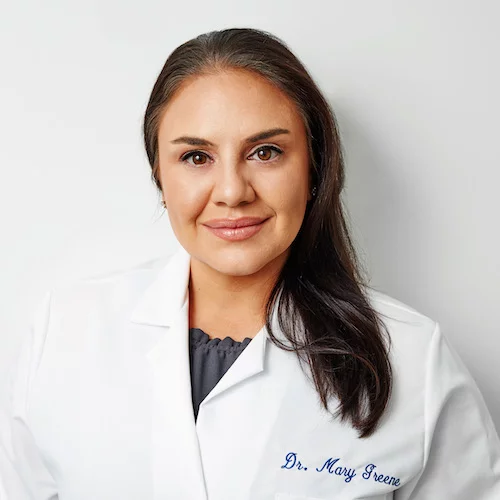A normal resting heartbeat should be steady and regular, between 60-100 beats per minute. Arrhythmia is a cardiovascular issue in which your heart beats too slowly, too quickly, or at an irregular rhythm. Arrhythmia can originate from a number of root causes, and while it is a benign issue in some cases, it can also have dangerous effects or be connected to a more serious heart issue.
Arrhythmia can be caused by any cardiovascular condition that makes it more difficult for your heart to pump blood throughout the body. These include blocked arteries, high blood pressure, diabetes, and sleep apnea. Arrhythmia can also indicate that you are having a heart attack or that your heart has been damaged by a previous cardiovascular event. Heartbeat irregularities have also been observed in some patients who have been infected with the COVID-19 coronavirus.
It is not uncommon to have an arrhythmia without any noticeable symptoms, and the issue may show up during a heart screening without you having been aware of it beforehand. Potential symptoms include a fluttering feeling in your chest, a heartbeat that feels too fast or too slow, or the feeling of your heart skipping a beat.
There are several different heart and cardiovascular disorders that can make you more likely to have an abnormal heart rate. These include coronary artery disease, high blood pressure, atherosclerosis, and any previous heart failure or surgeries. Your heart’s rhythm can also be negatively impacted by sleep apnea, excessive alcohol use, or stimulants like caffeine or nicotine.
Your cardiologist will typically begin by performing a routine physical exam and asking you about any heart symptoms you have been experiencing. A review of your medical history will be performed to identify any underlying conditions which may increase your risk of arrhythmia. In some cases, further testing may be required to accurately gauge the nature of the issue. Other diagnostic procedures can include electrocardiogram, echocardiogram, and exercise stress tests.
Arrhythmias do not always require treatment. However, if an irregular heartbeat is causing serious symptoms or your doctor deems it to be a risk factor for further heart problems, medical intervention may be required. Different treatments may be necessary depending on whether the issue is tachycardia (fast heartbeat) or bradycardia (slow heartbeat). An irregular heartbeat can usually be treated with prescription medications, but in some cases surgery may be necessary to correct the problem.
There are genetic risk factors for arrhythmia which are not within your control, but you can often mediate the effects of an underlying heart condition through a healthy lifestyle. That means getting plenty of exercise, eating a healthy diet, abstaining from drinking alcohol and smoking cigarettes, and maintaining a healthy weight. You should also make sure that you are getting regular checkups from a cardiologist so that any potential issues can be identified early on.

While an arrhythmia can safely go untreated in some cases, it can also lead to worsening symptoms and sometimes serious, life-threatening complications such as stroke or heart failure. It’s important to monitor your symptoms and keep your doctor informed of any changes.
An arrhythmia can result from a variety of conditions which inhibit blood flow or cause damage or scarring to the heart. Some associated conditions include coronary artery disease, high blood pressure, diabetes, or sleep apnea.




